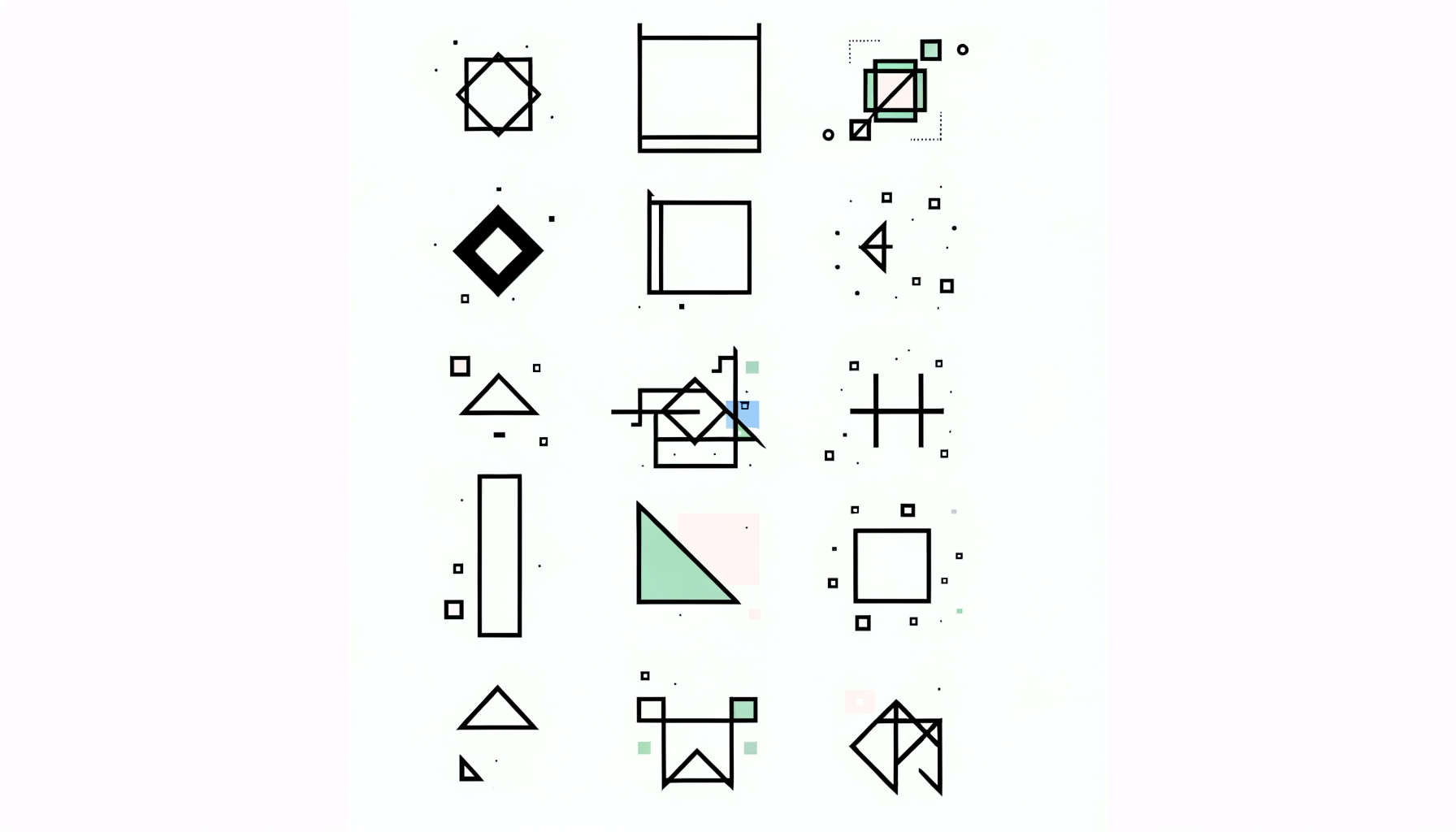Google AMIE: AI Doctor Learns to ‘See’ Medical Images
Estimated reading time: 5 minutes
- AI-powered diagnostics: AMIE can analyze medical images with precision.
- Enhanced decision-making: Provides invaluable second opinions to healthcare professionals.
- Longitudinal care: Tracks disease progression and therapy responses over time.
- AI as a partner: Encourages collaboration between AI and healthcare providers.
Table of Contents
- The Genesis of AMIE
- Evolving Vision: AMIE’s Leap into Medical Image Analysis
- AMIE’s Role in Clinical Management
- Behind the Curtains: Technical Brilliance of AMIE
- A Broader Picture: Google’s Commitment to Healthcare AI
- Practical Takeaways for Healthcare Providers
The Genesis of AMIE
Google first introduced AMIE as a conversational AI intended to bolster diagnostic medical reasoning. Since its inception, it has incorporated several state-of-the-art features geared toward enhancing the quality of clinical consultations. For instance, AMIE is optimized for diagnostic reasoning, making it a remarkable partner for healthcare providers during patient interactions. The original AMIE also utilized a novel self-play simulated diagnostic dialogue environment to train itself, honing its capacity to manage diverse clinical scenarios source.
In initial trials, AMIE was put through its paces with trained actors who simulated real-world medical consultations. This groundwork has been crucial for AMIE to improve its diagnostic accuracy—a necessity in the fast-paced world of healthcare where every second counts source.
Evolving Vision: AMIE’s Leap into Medical Image Analysis
Fast forward to May 2025, and AMIE has levelled up. It now possesses the extraordinary ability to analyze and interpret medical images, including X-rays and CT scans—a move often dubbed “AI-assisted medical image evaluation.” This new capability allows AMIE to pick up on subtle patterns and anomalies that may elude even the most experienced medical professionals. It doesn’t just stop at visual analysis; AMIE seamlessly integrates this information with its existing conversational diagnostics, ultimately enhancing the precision of medical diagnoses source.
The importance of these advancements cannot be overstated. Medical images are crucial for accurate diagnosis, and AMIE’s ability to “see” provides healthcare professionals with an invaluable second opinion. In many cases, this added dimension of analysis may significantly bolster diagnostic accuracy, ensuring that no detail goes unnoticed.
AMIE’s Role in Clinical Management
AMIE’s evolution extends beyond mere analysis and diagnosis. In March 2025, a randomized study unveiled its capabilities in managing diseases over time, showcasing that AMIE can match or even surpass clinicians in multi-visit consultation settings. This includes everything from precise planning of investigations to making informed treatment recommendations and managing prescriptions source.
The latest iteration of AMIE employs the Gemini family of AI models, integrating complex features such as:
- Advanced long-context processing, allowing the AI to draw on historical patient data
- Minimized hallucination rates, leading to more reliable outputs
- An ability to interpret disease progression over multiple visits, enhancing longitudinal care
- Tracking therapy responses effectively
- Providing safe medication usage guidance to minimize errors
These advancements denote a profound shift in how AI can contribute to the healthcare sector, supporting clinicians in making informed decisions and guiding patients on their health journeys source.
Behind the Curtains: Technical Brilliance of AMIE
AMIE’s capacity to interpret medical images is grounded in sophisticated technology that leverages Google’s AI expertise. The system combines cutting-edge visual processing capabilities with conversational abilities aimed at facilitating seamless interaction between patients and healthcare professionals. Additionally, its longitudinal reasoning capabilities enable AMIE to track health initiatives over time, thereby reinforcing its role as a dynamic partner in patient care rather than a static tool source.
Furthermore, AMIE exemplifies how AI can operate in synergy with human capabilities. Rather than replacing medical professionals, AMIE enhances their decision-making processes, offering insights that can lead to better patient outcomes.
A Broader Picture: Google’s Commitment to Healthcare AI
AMIE is merely a snapshot of Google’s extensive research efforts in the AI healthcare domain. These initiatives are not limited to specialist diagnostic tools; they encompass various applications such as AI systems for mammography designed to help radiologists detect breast cancer and leveraging AI for scientific discovery in the healthcare space source.
As AMIE and similar technologies continue to evolve, they solidify Google’s commitment to enhancing healthcare delivery. The potential for AI to improve patient outcomes through accurate diagnoses and tailored treatment plans is immense, and AMIE stands at the forefront of this transformative journey.
Practical Takeaways for Healthcare Providers
For healthcare professionals interested in harnessing the power of AI, AMIE offers actionable insights:
- Embrace AI as a Partner: Consider AI tools like AMIE not as replacements but as collaborators that can enhance diagnostic accuracy and treatment planning.
- Stay Updated on AI Developments: Keep an eye on updates and research surrounding AI in healthcare, as these technologies are developing rapidly and can offer new solutions to age-old problems.
- Investigate AI Training Opportunities: Ensure that you or your staff are trained adequately to integrate these AI systems into your practice for optimal results.
- Utilize Data for Patient Management: Leverage the longitudinal data analysis capabilities of AI systems to monitor patient health over time, potentially leading to improved outcomes.
- Engage in AI Discussions: Join communities or professional groups that focus on AI in healthcare. Engaging with peers can provide insights and best practices for adopting these technologies.
In conclusion, Google AMIE represents a revolutionary stride toward merging technology with healthcare. As it evolves to incorporate visual analysis alongside conversational diagnostics, it opens the door to unmatched precision in patient care. The future of AI in medicine is not just about automation; it’s about augmenting human expertise to create a healthcare system that’s not just reactive but intelligently proactive.
For those curious about how adaptive and dynamic AI can enhance your healthcare capabilities, we invite you to explore VALIDIUM’s services or connect with us on LinkedIn here. Embrace the future of AI and transform your practice today!


